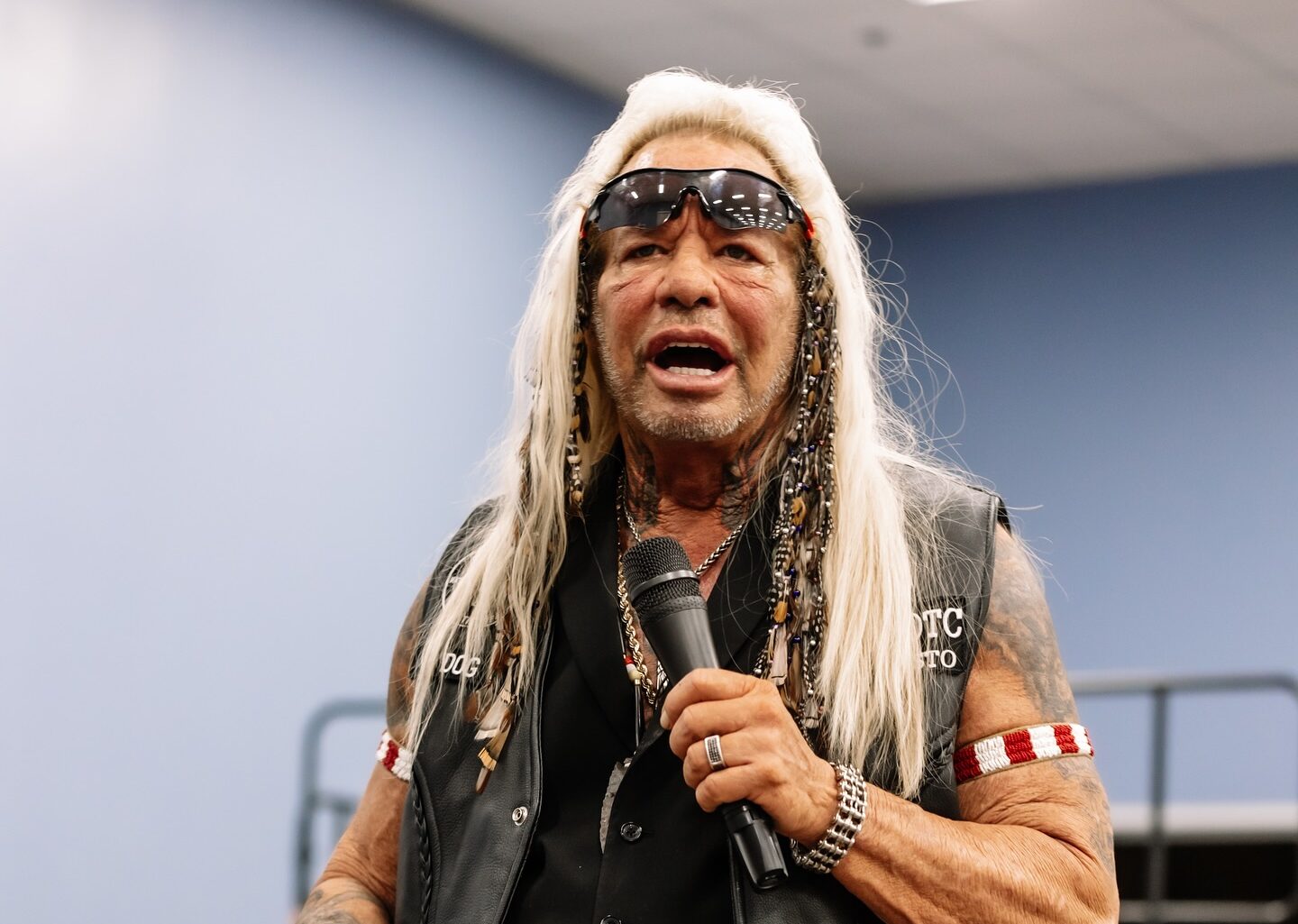By Charles Switzer
3:29pm PDT, Apr 25, 2025
Private Discussions on Trade Deals
On Thursday, April 24, Fox Business senior correspondent Charles Gasparino reported that the Donald Trump administration has been holding private discussions with Wall Street executives about ongoing trade tariff deals.
The information shared with these executives was not otherwise available to the public, and it offers new insights into the administration’s efforts to negotiate trade agreements with various countries.
Here’s everything you need to know.
MORE: Follow Wonderwall on MSN for more top news
Trade Deal with India
Charles Gasparino’s sources, who are senior Wall Street executives with ties to the White House, revealed that the Donald Trump administration is nearing an “agreement in principle” with India on trade.
This deal, still in the early stages, could serve as a template for future agreements with other countries, including Japan. Although the details of the deal remain unclear, the discussions suggest that the administration is working towards a final agreement that addresses key issues and sets a timeline for completion.
“People inside the Trump White House are alerting Wall Street execs they are nearing an agreement in principle on trade with India, according to my sources who are senior Wall Street execs [with] ties to the White House,” Gasparino wrote on X. He emphasized that the potential deal would include defined goals, resolved issues and a deadline for the full trade pact.
Uncertainty and Past Experiences
Despite the optimistic outlook from some sources, Charles Gasparino also cautioned that this trade deal might face the same uncertainties as previous negotiations. He pointed out that in the past, discussions with Japan had been disrupted, with the terms being renegotiated multiple times.
This background of uncertainty highlights the challenges in trade negotiations during the Donald Trump administration.
“Recall that we have been here before with Japan only to have the goal posts changed and terms renegotiated. But if this holds, the India deal being envisioned will include agreed-upon goals, and issues that have been addressed and resolved as well as a deadline for the fully-baked trade pact,” Gasparino said.
White House’s Communication with Wall Street
One of the most significant elements of Charles Gasparino’s report is the communication between the White House and Wall Street executives about the trade negotiations.
While the Treasury Department‘s press team declined to comment, they did not deny the story. Gasparino emphasized that the key takeaway from this report is not the existence of the trade deals but rather the fact that Wall Street executives are being given early access to trade negotiation details.
“If this is true, isn’t the big story that The White House gives Wall Street executives early heads up on trade negotiations, rather than the existence of the deals themselves?” Gasparino asked. He stressed the importance of the White House’s interactions with Wall Street, comparing it to previous instances during the financial crisis when such communications were critical.
Criticism and Defending Reporting
Charles Gasparino also addressed criticism from Bloomberg’s Joe Weisenthal, who downplayed the importance of the White House’s communications with Wall Street.
Gasparino defended his reporting, citing his own experience in breaking major financial stories during the financial crisis. He also pushed back against those suggesting that his story was akin to insider trading, emphasizing that the reporting was legitimate.
“It’s called REAL reporting and it should have been done during the Biden Admin so the public would have been alerted to the president’s mental decline before it was too late,” Gasparino said, responding to critics and defending the value of his work.




